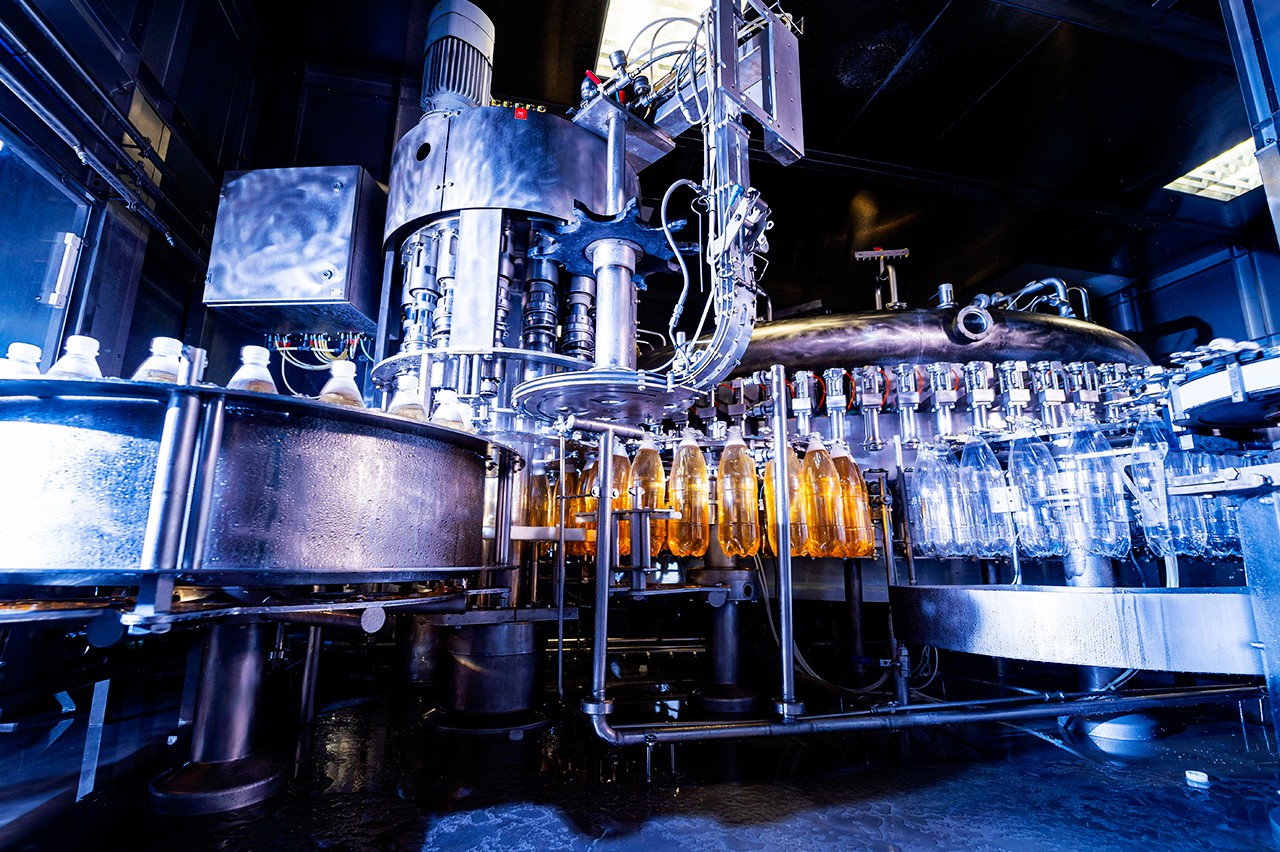Energy efficiency in beverage factories: lower consumption, higher competitiveness
Energy efficiency in beverage factories reduces operational costs and makes production more sustainable. Discover the best strategies to optimize your energy use.

The beverage industry is one of the most energy-intensive sectors. According to the International Energy Agency, energy use in the food industry has increased by more than 260% over the last 30 years.
From sourcing raw materials to bottling and distribution, every step requires large amounts of electricity and fuel. In today’s context, where energy costs are volatile and environmental responsibility is essential, energy efficiency in beverage factories is key for reducing operational costs, minimizing environmental impact, and building a reputation with increasingly sustainability-conscious consumers.
In Q2 2024, Mexico's beverage industry posted a GDP of MXN 6.58 billion, according to INEGI. Meanwhile, the 2023 National Energy Balance reported that the food industry consumed 69.22 Petajoules of energy, a 17.57% decrease from the previous year, proving that profits can grow without necessarily increasing energy consumption.
Key energy challenges in beverage factories
The beverage industry encompasses a diverse range of products, including alcoholic drinks such as beer, wine, and spirits, as well as non-alcoholic options like bottled water, soft drinks, juices, energy drinks, dairy-based drinks, plant-based beverages, and ready-to-drink teas and infusions.
Although part of the broader food production sector, beverage factories face unique challenges across three main stages:
Ingredient sourcing and water purification,
Production (pasteurization, fermentation, carbonation, etc.),
Packaging and distribution, which often includes refrigeration.
Key energy challenges include:
Securing a reliable energy supply, especially for thermal and electrical demands.
High electricity and fuel costs impact business profitability.
Inefficient systems or outdated equipment.
Strict environmental regulations and carbon emission standards.
The solution lies in adopting modern technologies, such as automation, digitization, and artificial intelligence, to enhance energy efficiency and environmental performance.
How to improve energy efficiency in the beverage industry
1. Conduct energy audits
Regular energy audits help identify high-consumption areas, compare performance against industry benchmarks, and propose tailored efficiency solutions to optimize energy usage. Includes reviewing historical energy data, evaluating refrigeration systems, electric motors, lighting, and thermal processes.
2. Optimize industrial processes
Intelligent systems can monitor and adjust energy usage in real time. For example, adjusting production speed and operating hours. Thermal insulation of tanks and pipes is another low-tech but effective way to reduce heat loss.
3. Implement efficient refrigeration technologies
Refrigeration systems are among the top energy consumers in beverage plants.
Recommended solutions include:
CO₂ refrigeration systems: Sustainable alternative to synthetic refrigerants.
Heat recovery systems: Reuse heat from compressors or heat exchangers in other processes.
- Variable Speed Drives (VSDs): Adjust compressor and fan operation based on actual demand.
4. Upgrade lighting and electrical systems
Factories often operate 24/7, making lighting a significant contributor to energy expenses.
Solutions:
Replace conventional lights with LEDs (up to 75% energy savings).
- Install motion sensors and automated control systems to turn off lights in unused areas.
5. Integrate renewable energy sources
Long-term savings and reduced dependence on fossil fuels can be achieved through:
Photovoltaic solar panels to cover the base electricity demand.
Wind microturbines for factories located in windy areas.
- Biomass systems convert organic waste from agricultural production into thermal energy.
6. Efficient water and STEAM management
Water and steam play a vital role in beverage production.
Closed-loop water systems reduce freshwater use and energy for treatment.
- Boiler optimization through economizers and condensate recovery improves thermal efficiency.
7. Manage supporting systems properly
Support systems, such as HVAC, fire protection, plumbing, and electrical installations, consume significant amounts of energy. Proper maintenance and smart controls help prevent energy overuse and unexpected costs.
Enel Energía México: Boost your reputation in the beverage industry
The 2024 Digital Risk Territory Map highlights how public perception, especially regarding environmental practices, can affect brand reputation. Adverse actions may quickly go viral, especially in the non-alcoholic beverage sector, where health and sustainability are under public scrutiny.
At Enel Energía México, we recognize the crucial role of the food and beverage sector in decarbonizing the industry in Mexico. That’s why we offer advanced energy solutions to help you cut costs, improve operational efficiency, and adopt innovative technologies.
From energy audits and renewable integration to process automation, we are your strategic energy manager to optimize your factory’s energy consumption.
Discover how Enel Energía México can help transform your business.
Related posts